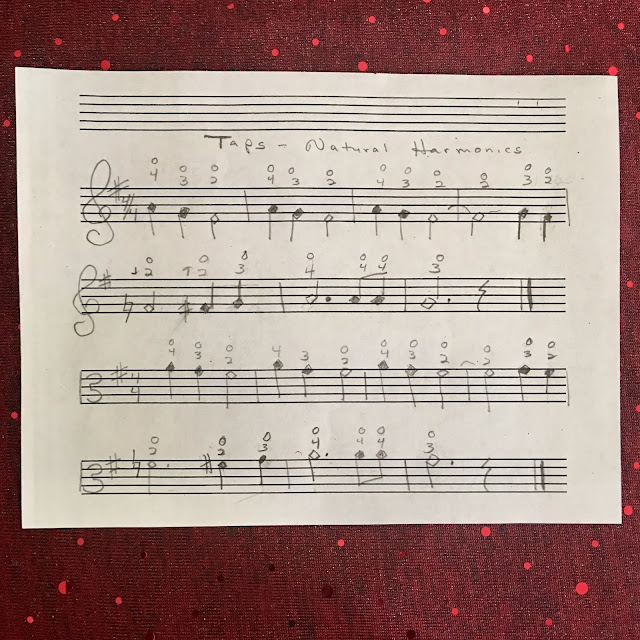Learning Resilience Through Music Study
Dealing with Stress and Building Resilience
Predictable and moderate stress leads to resilience. Remember from the Talent Code book that a bit of frustration is often the breakthrough teaching moment. The tricky bit is to challenge without overwhelming. Overcoming a problem that is frustrating leads to success. Celebrate the baby step triumphs.
Uncontrollable stress leads to vulnerability. This is when we push too hard. This may be when we are dealing with a trauma that makes us feel out of control. This can also be some event totally outside our power.
"...it's often not what happens that makes something traumatic; it's the lack of emotional support before, during, and after, that causes much of the harm. One of the hardest things that can happen to a child is to be left alone with their feelings."
"Knowing and feeling 'we're in this together; you're not alone' can make all the difference..."
"Raising emotionally healthy children isn't about being perfect; in fact, it's essential for them to experience (challenges)."
"This is where we and they learn that when bad things happen, it gets better again."
"Make a practice of noticing and absorbing the good."
Many of these concepts are from the article "Aim for a C (Natural): tips from a counselor for navigating the new world" by Jeannie Songer in American Suzuki Journal, Spring 2020
Suggestions:
Schedules help maintain order and predictability
Include time for downtime so the student is not overwhelmed
Extra listening to feelings during times of stress helps alleviate the stress. Everyone needs to be heard.
Choose some music for fun as a dessert to help get over the technique plateaus. My students have enjoyed learning fiddle tunes, movie music, church music, and popular music. Some love gypsy music. Some love the Disney books with recorded tracks for accompaniment.
Playing for others as a gift helps clarify how essential music is in our lives (This may be a video rather than a live performance for a high-risk family, but then you have a record of the progress at that time.)
Mentoring a younger student or sibling on a regular schedule. This can help an advanced student focus on their own bow hold, posture, and basic technique.
Balancing suggestions with encouragement. I try for three positive comments for each correction in any written judging comments.
If a student is struggling we talk about something else and then try again. If there is a serious roadblock we move to another piece and wait until another lesson to tackle the problem.
Find ways to celebrate with music.
Encourage social playing in orchestras and small groups.
Encourage family music and sharing music.
Help students know that it is okay to make a mistake. They are so brave to try difficult tasks. Sometimes I will take a problem phrase and play it a couple of ways so they get to spot the errors. It can be a game and they enjoy being the one to give a correction for a change.
Start and end lessons with a smile. Especially during the online lessons and in videos I am trying to smile more.
Article link: Trauma impacts health, but nurturing can help students cope.






Comments
Post a Comment